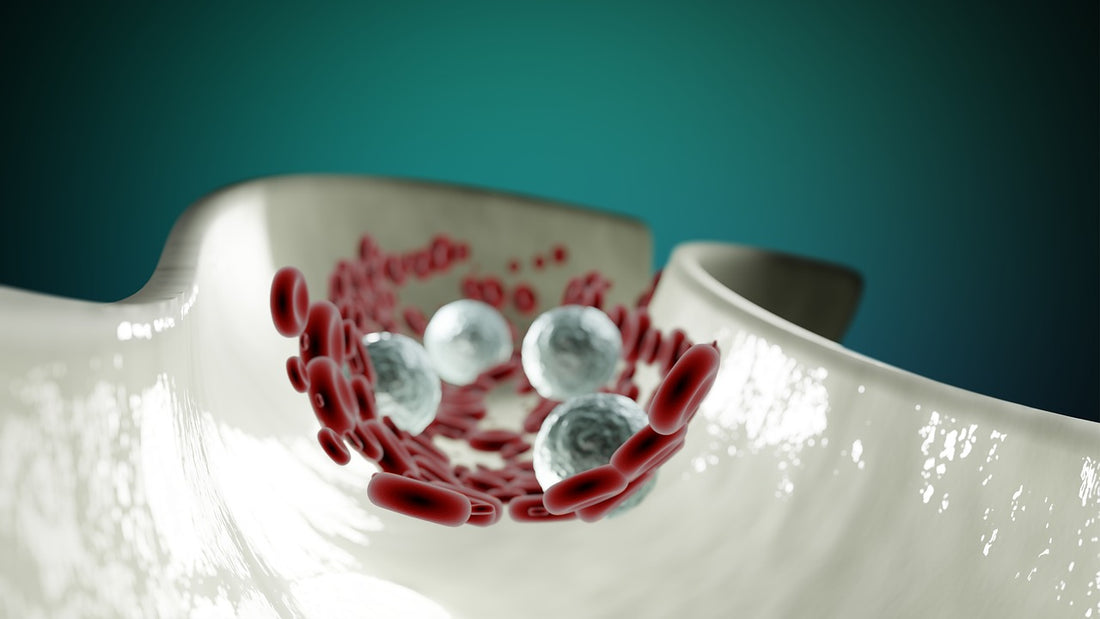Understanding what cholesterol really is and how it works in the body is your first step in making sure the numbers make sense to you. Every BODY is different so the numbers can have a wide range of meaning depending on your age, and current and previous health issues. Cholesterol is a necessary ingredient that is required to be regularly delivered around the body to maintain the development and functions of our cells.
Cholesterol is NOT "public enemy number one" even though you have been told that it is because it can build up in the walls of your arteries, causing a process called atherosclerosis and that HIGH cholesterol is one of the major risk factors leading to heart disease which by design gives you a better chance of a heart attack or stroke.
Low-density lipoproteins( LDL) and high-density lipoproteins (HDL) are exactly the same, the only difference is the transporters that are used to move in around the body. BOTH are ESSENTIAL for the human body's delivery logistics to work effectively.
Cholesterol is vital to your health and well-being because it is a key factor in the production of vitamin D, hormones (including testosterone and estrogen), and fat-dissolving bile acids Eighty percent of Cholesterol is made in the liver and intestines and only twenty percent comes from what you ingest. The measurement taken from the blood is a good starting point, but cholesterol is found in every cell in the body. LDL carries cholesterol to various tissues such as the adrenal gland, gonads, muscle, and adipose tissue. HDL (high-density lipoprotein) cholesterol, absorbs cholesterol in the blood and carries it back to the liver. The liver then flushes it from the body.

